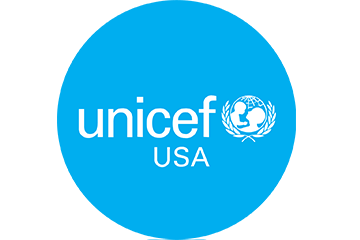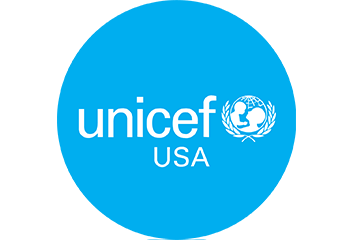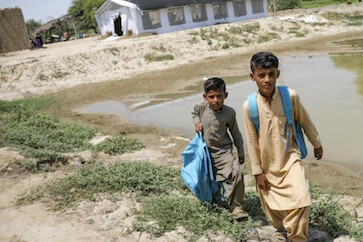NEW YORK / PANAMÁ CITY (April 25, 2022) – In five years, the complete vaccination schedule for diphtheria, tetanus and pertussis (DTP3) in Latin America and the Caribbean has dropped from 90 percent in 2015 to 76 percent in 2020, according to data from the Pan American Health Organization (PAHO) and UNICEF. This means that one in four children in the region has not received the full routine vaccination schedule that would protect them from multiple diseases.
The decrease in vaccination coverage precedes the pandemic; but the cessation or irregular programming of many primary health care services during the pandemic and people’s fear of catching COVID19 during visits to health centers is leaving many children without vaccines.
“The decline in vaccination rates in the region is alarming and puts millions of children and adolescents at risk of dangerous diseases that could be prevented,” said Jean Gough, UNICEF Regional Director for Latin America and Caribbean. “The solution, and it has been proven to be effective: stronger vaccination programmes.”
The 14 percentage point drop in vaccine coverage leaves nearly 2.5 million children without the complete DTP vaccination schedule and they are at risk of dangerous preventable diseases. Of them, 1.5 million are “zero doses”: they have not even received the first dose of that vaccine.
Dangerous setback
The decrease in coverage exposes more children to the resurgence of preventable diseases and epidemiological outbreaks have already occurred. In example, while in 2013 only 5 people in the region got diphtheria, in 2018 almost 900 cases were registered, according to PAHO data. Measles sets higher alarms because it is caused by a highly contagious virus: in 2013 there were almost 500 cases; but in 2019, more than 23,000 people got the disease.
“As countries recover from the pandemic, immediate actions are needed to prevent coverage rates from further dropping, because the re-emergence of disease outbreaks poses a serious risk to all of society,” Gough said. “This is an opportunity to restructure primary health care and reinforce the comprehensive and community approach that bring vaccines to the most vulnerable populations. We cannot lose the efforts of past decades and let dangerous diseases threaten the lives of children.”
UNICEF calls on the governments of Latin America and the Caribbean to urgently re-establish and strengthen routine immunization programs, develop campaigns to increase vaccine confidence and implement plans to reach all children and adolescents and their families; especially to the most vulnerable who do not have access to health services, due to their geographic location, migratory status or ethnic identity.
#####
About UNICEF
The United Nations Children’s Fund (UNICEF) works in more than 190 countries and territories to pursue a more equitable world for every child. UNICEF has helped save more children’s lives than any other humanitarian organization, by providing health care and immunizations, safe water and sanitation, nutrition, education, emergency relief and more.
UNICEF USA advances the global mission of UNICEF by rallying the American public to support the world’s most vulnerable children. Together, we are working toward a world that upholds the rights of all children and helps every child thrive. For more information, visit www.unicefusa.org.
For more information, contact:
Mackenzie Dougherty, UNICEF USA, 212.922.2551, [email protected]





